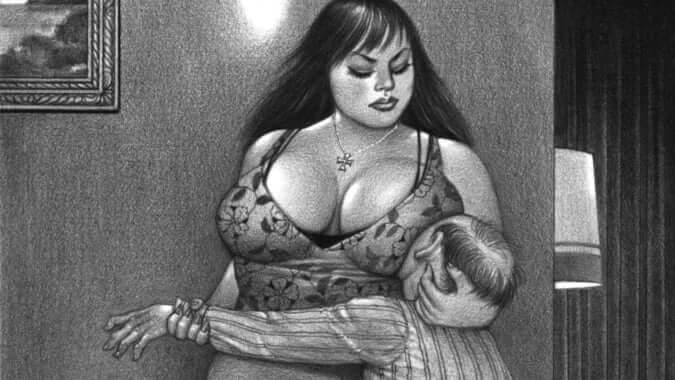A Boutique-Gallery in Toronto Brings Together Japanese and Scandinavian Design
At Mjölk, the product range reflects the collective attention paid to purity and refinement, woodwork, and the close relationship with nature.
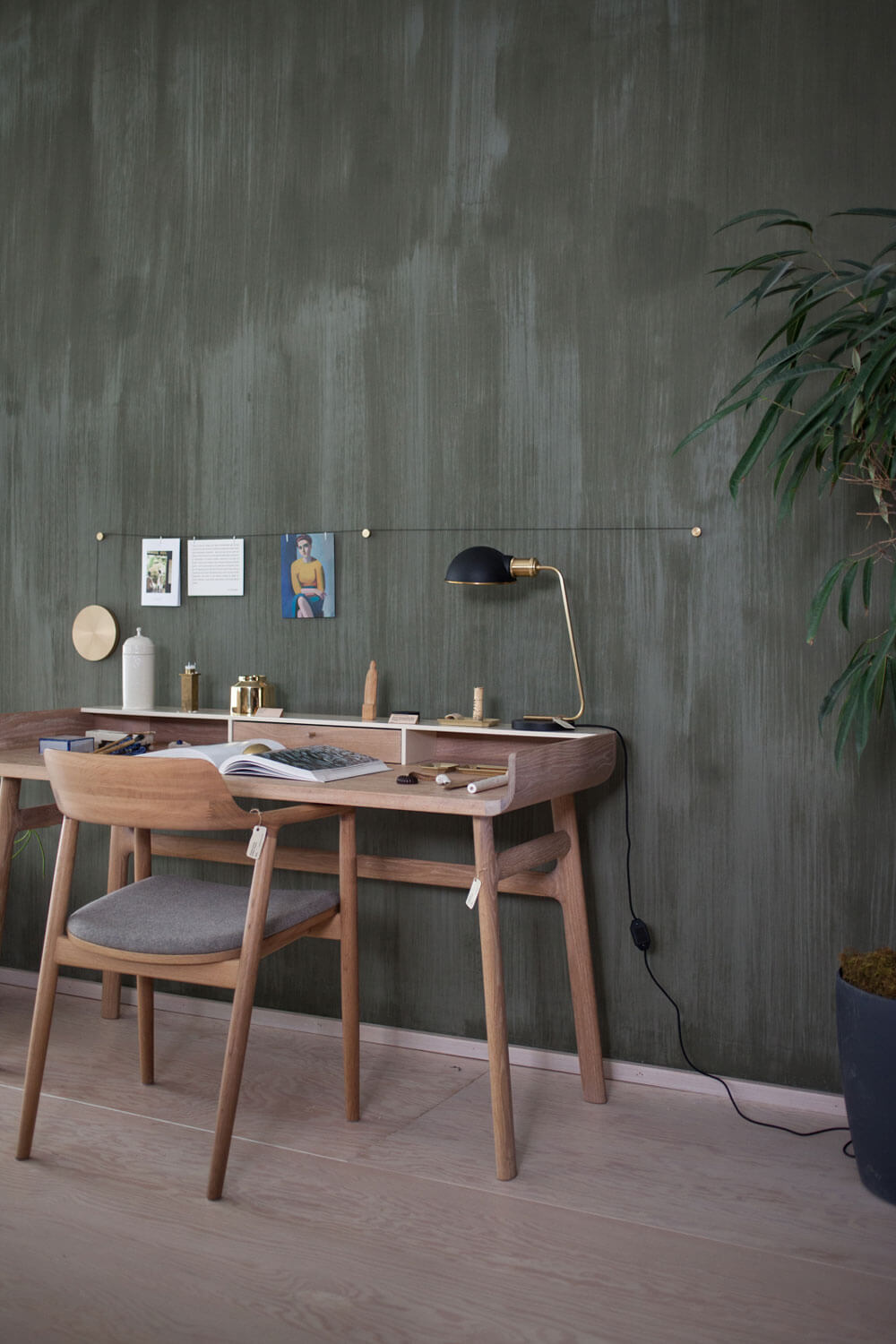
© Mjölk
Mjölk, situated in The Junction, the district that’s home to many of Toronto’s artisans and creators, selects and imports its pieces with remarkable care and attention. Found on the ground floor of an imposing white building (the last Victorian building with a tin façade in Toronto), the boutique houses one of the most sophisticated design selections in the city. But it’s also a very warm, welcoming place: made primarily from wood and flooded with light, it invites passersby to take the time to discover what’s inside.
At Mjölk, tableware by Finnish designer Birger Kaipiainen rubs shoulders with a walnut butter-dish from Kyoto-based artisan Takashi Tomii and a dustpan by Bunbuku (a Japanese company in existence for over 100 years), while desks by Naoto Fukasawa sit alongside lighting creations by Space Copenhagen. These pieces have crossed an ocean, whether the Atlantic or Pacific, but all seem to have found their true home far from their place of origin, in this timeless spot in eastern Canada.
Shared values, between elegance and practicality
The fact that this huge mixture of objects is able to come together harmoniously is surely due to the values shared by Japanese and Scandinavian designers: the importance attached to purity and refinement and woodwork, the close relationship with nature and, above all, the balance between elegance and practicality. The majority of the selection offered by owners Juli Daoust and John Baker is intended to be held. Their dream, they say, is for their pieces to raise each little everyday gesture to ritual status.
To achieve this, Juli Daoust and John Baker provoke fate and put their objects in movement, in contact with life and all that the daily routine entails. Their pieces can be found in their apartment (they live above the boutique with their children), in the cottage they renovated, and in Detour Cafe, a spot for which they carried out interior design work.
Several times a year, they transform their boutique into an art gallery and meeting place. A particularly notable event they held was an exhibition displaying Norihiko Terayama’s floral trompe-l’œil, in the presence of the artist himself and a small crowd of admirers.
More information on Mjölk can be found on the boutique’s website.
Address: 2959 Dundas Street, West Toronto
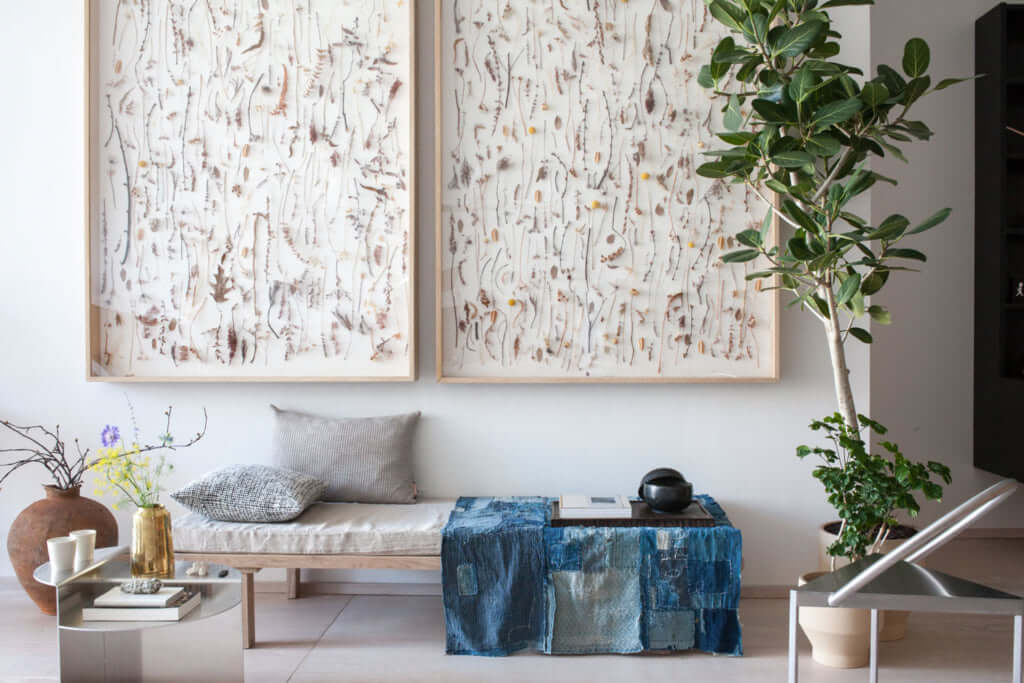
© Mjölk
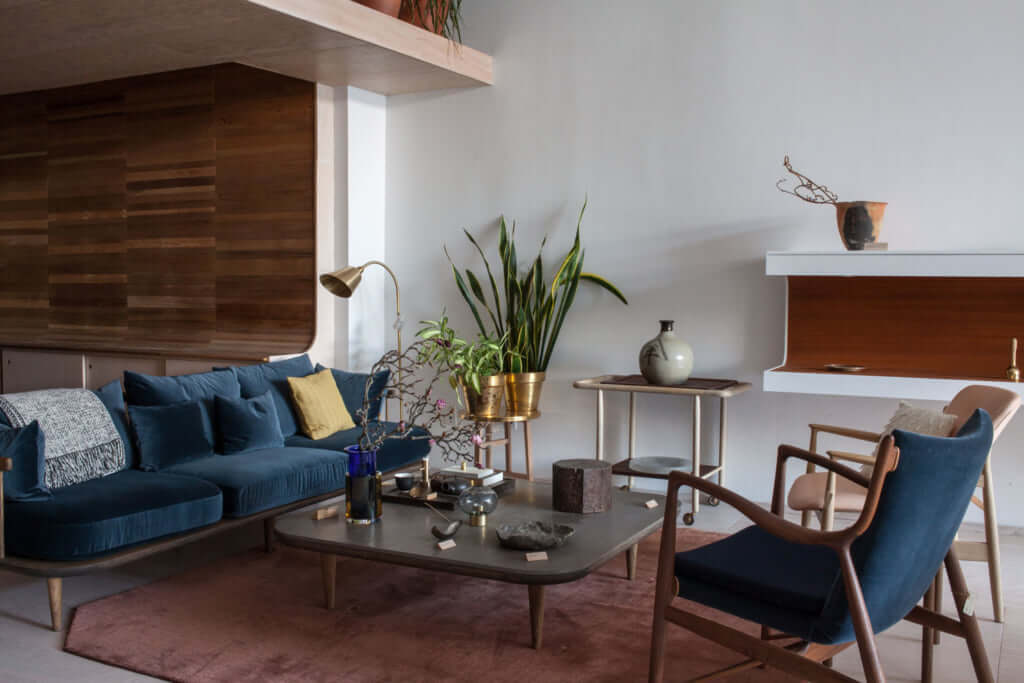
© Mjölk
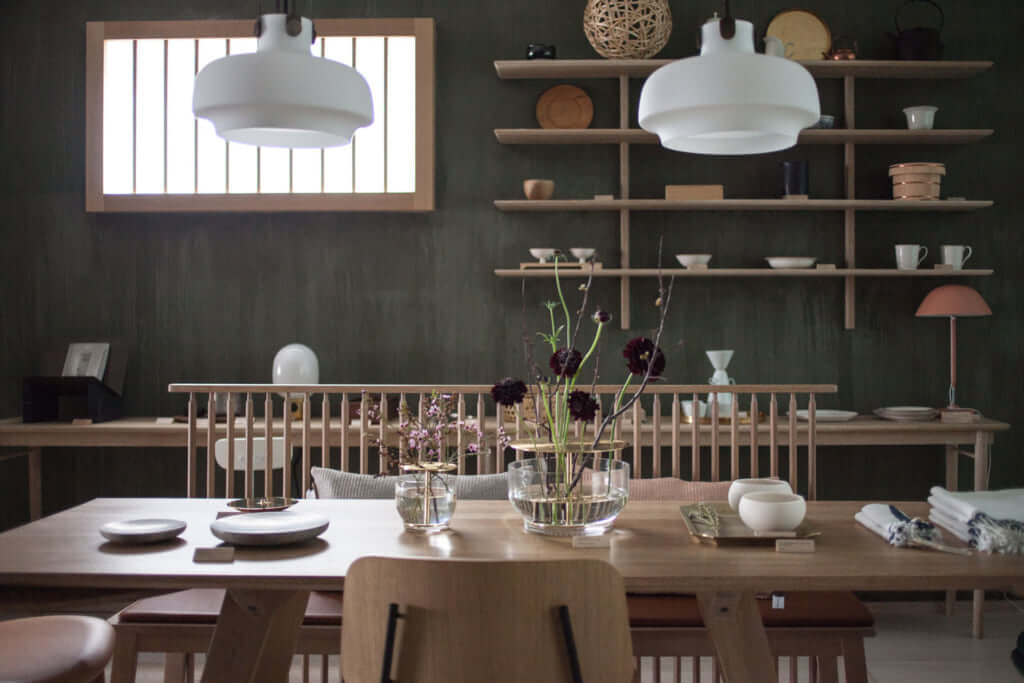
© Mjölk
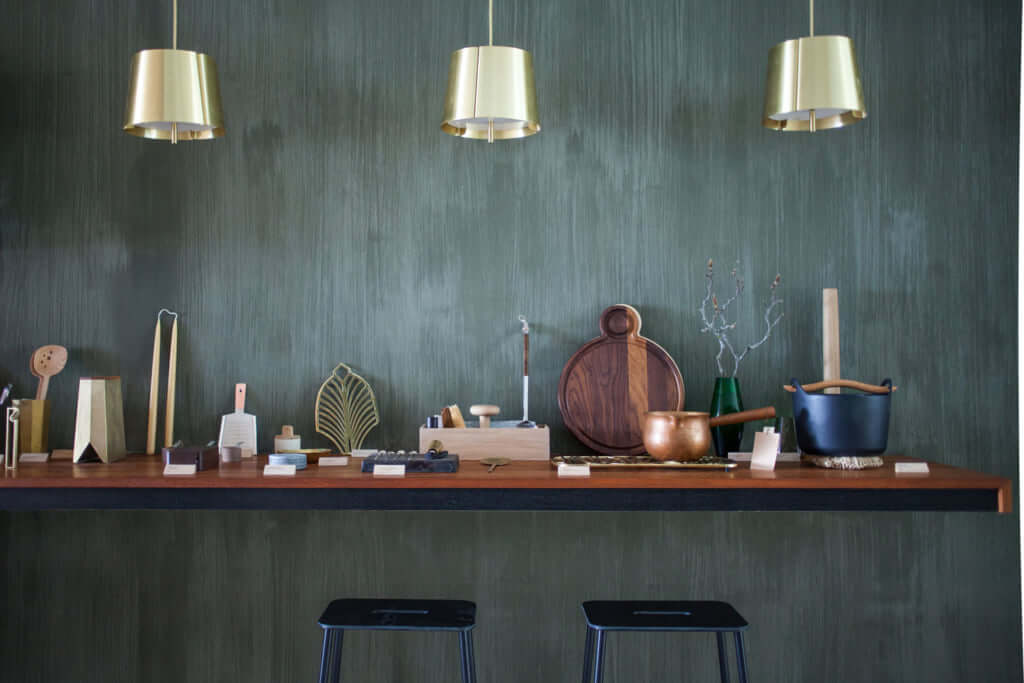
© Mjölk

© Mjölk
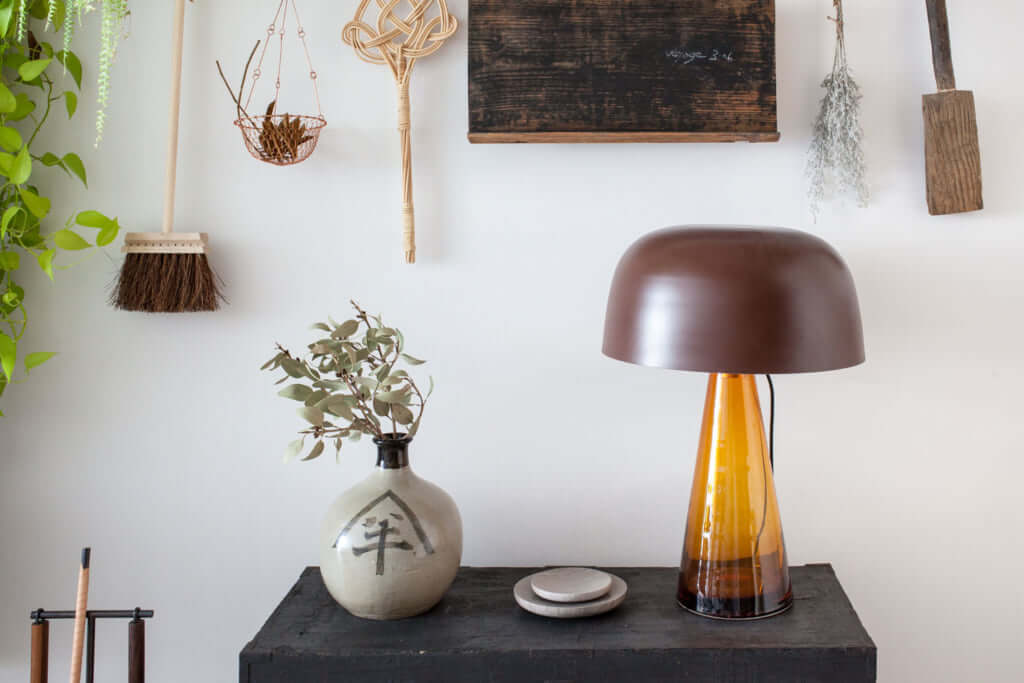
© Mjölk
TRENDING
-
Ishiuchi Miyako, A Singular Perspective on Women
Recipient of the 2024 Women in Motion Award, the photographer creates intimate portraits of women through the objects they left behind.

-
Recipe for Ichiraku Ramen from ‘Naruto’ by Danielle Baghernejad
Taken from the popular manga with the character of the same name who loves ramen, this dish is named after the hero's favourite restaurant.

-
Namio Harukawa, Master of Japanese SM Art
'Garden of Domina' offers a dive into the world of an icon of ‘oshiri’, whose work has now reached a global audience.

-
The Tattoos that Marked the Criminals of the Edo Period
Traditional tattoos were strong signifiers; murderers had head tattoos, while theft might result in an arm tattoo.

-
The Emperor of Japanese Porn is Now the Star of a Netflix Series
Deliciously funny, The Naked Director especially succeeds in reviving the atmosphere that was so characteristic of 1980s Japan.



